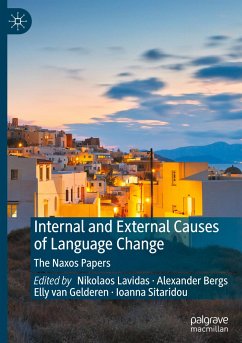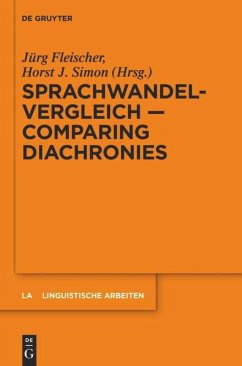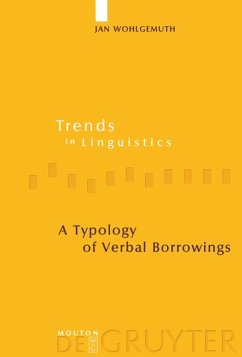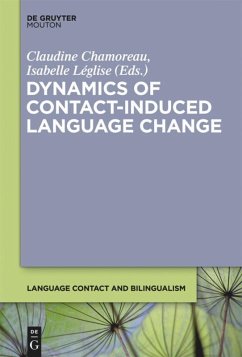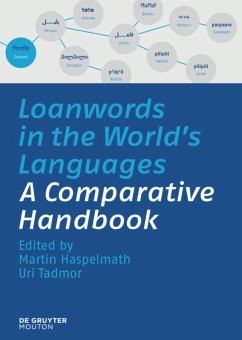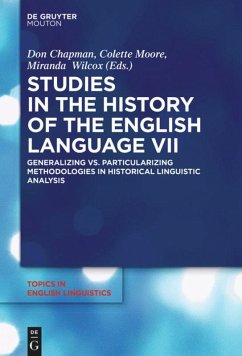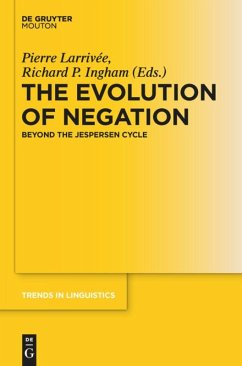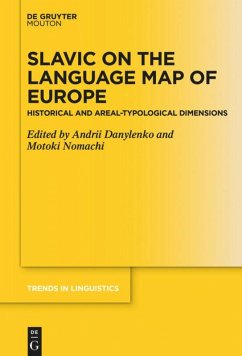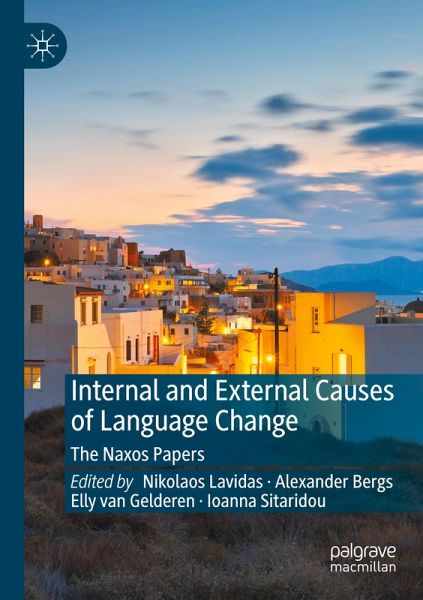
Internal and External Causes of Language Change
The Naxos Papers
Herausgegeben: Lavidas, Nikolaos; Bergs, Alexander; van Gelderen, Elly; Sitaridou, Ioanna
Versandkostenfrei!
Versandfertig in 6-10 Tagen
121,99 €
inkl. MwSt.

PAYBACK Punkte
61 °P sammeln!
This volume collects ten studies that propose modern methodologies of analyzing and explaining language change in the case of various morpho-phonological and morpho-syntactic characteristics. The studies were first presented in the fourth, fifth and sixth workshops at the "Language Variation and Change in Ancient and Medieval Europe" summer schools, organized on the island of Naxos, Cyclades, Greece and online between 2019 and 2021. The book is divided into two parts that both focus on modern tools and methodologies of analyzing and accounting for language change. The first part focuses on com...
This volume collects ten studies that propose modern methodologies of analyzing and explaining language change in the case of various morpho-phonological and morpho-syntactic characteristics. The studies were first presented in the fourth, fifth and sixth workshops at the "Language Variation and Change in Ancient and Medieval Europe" summer schools, organized on the island of Naxos, Cyclades, Greece and online between 2019 and 2021. The book is divided into two parts that both focus on modern tools and methodologies of analyzing and accounting for language change. The first part focuses on common directions of change in Indo-European languages and beyond, and the second part emphasizes explanations that reveal the role of language contact. The volume promotes a dialogue between approaches to language change having their starting point in structural and typological aspects of the history of languages on the one hand, and approaches concentrating on external factors on the other. Throughthis dialogue, the volume enriches knowledge on the contrast or complementarity of internally- and externally-motivated causes of language change.



